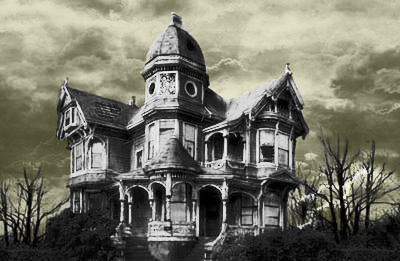
Introduction
Daniel Aaron is an Americanist; even, as the title of his memoir asserts, The Americanist. His claim to that title only begins with the fact that he was the first on the scene, having received his doctorate in American Civilization from Harvard University in 1937, when that program and the enterprise now best known as American Studies were both brand new. Since then he has had a great deal to say about his country and his fellow citizens, in books like America in Crisis (1952), Writers on the Left (1961), The Unwritten War (1973), and countless essays and reviews, many collected in American Notes (1994).
All the while, Aaron has carried on a parallel, closet career as a versifier, writing sharp, wry lyrics on native subjects that until now have rarely traveled far from the drawers of the desk he repairs to daily at Harvard’s English Department, where he is professor emeritus. The American Reader has persuaded him to share a few notes on American authors whom he has read for decades, Poe, Thoreau, Twain, James, and Dickinson. In his lines you might imagine you can glimpse the difference between an ordinary American and an Americanist: a certain degree of wise, almost anthropological detachment from the subject; no surrender of citizenship, but a slant curiosity, surely American but not merely.
—Jeff Dolven
Edgar Allan Poe (1809-1849)
Tales: alchemical.
Criticism: polemical.
Subjects: tarn, tomb, raven, Ulalume,
Crypts, cryptograms, blood, teeth,
Plus a lot of stuff that’s underneath.
(See “Arabesque,” “Grotesque,” “Poe-esque.”)
✖
Henry David Thoreau (1817-1862)
Walter / Talker,
Gressorial.
Range: extra-territorial.
✖
Mark Twain (1835-1910)
It’s worth pointing out that Mark Twain
Was by no means unacquainted with pain.
True, he earned a great deal of money,
And readers thought him excruciatingly funny,
But his humor is often grim and unsunny.
What he muttered under his breath
Touched on blood, insanity, and death.
About sex he only hinted.
(He had his scatology privately printed.)
Twain the romantic warred with romance,
Loved the dancers, feared the dance.
✖
Henry James (1843-1916)
Henry James
Didn’t write about “dames”
But about “ladies,” mostly,
Some of them in ghostly
Digs (a country house
Where the gentry come to shoot grouse),
A mansion filled with expensive things
Like bowls, furniture, portraits—the spoil of kings—
That made grubby life more of a bloody lark.
In this green, grassy English park,
Henry James relished the Great Good Place,
Savored the well-hung chins of the English race
Without missing in the entrancing scenery
Unmentionable things going on under the greenery.
✖
Emily Dickinson (1830-1886)
From out her window’d citadel
She looked at life askant,
Decoding messages from UP,
Recording them in slant.
To touch a cryptic Bulletin
In hard prismatic verse—
Refracts the Glare of Majesty—
Invalidates Remorse.
✖
These poems have been drawn from the December issue of The American Reader, on newsstands now.

